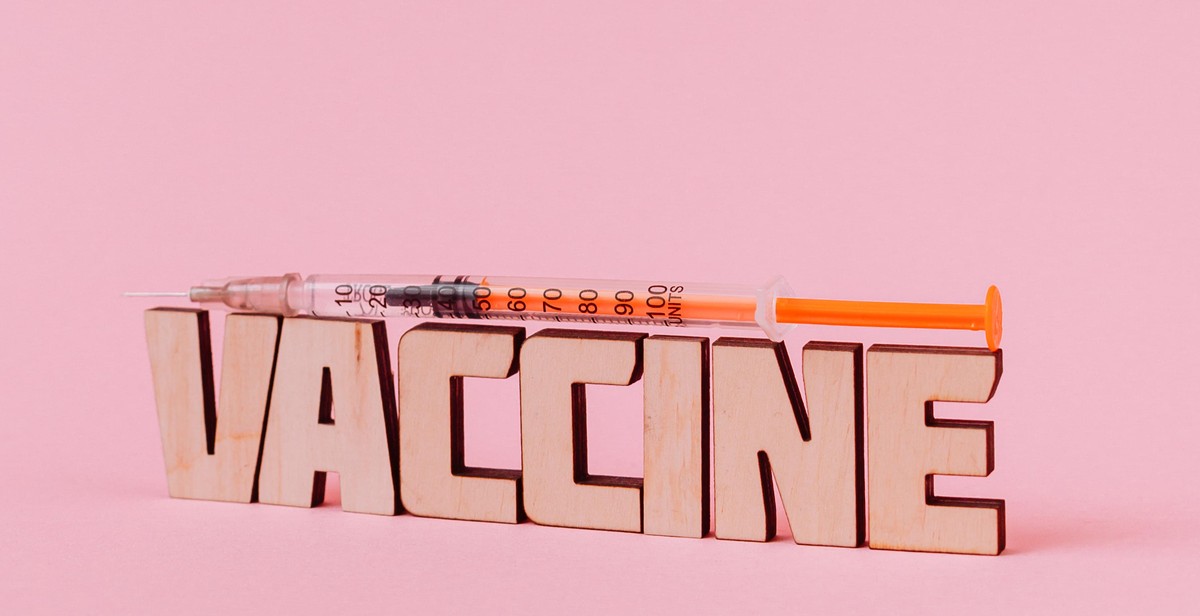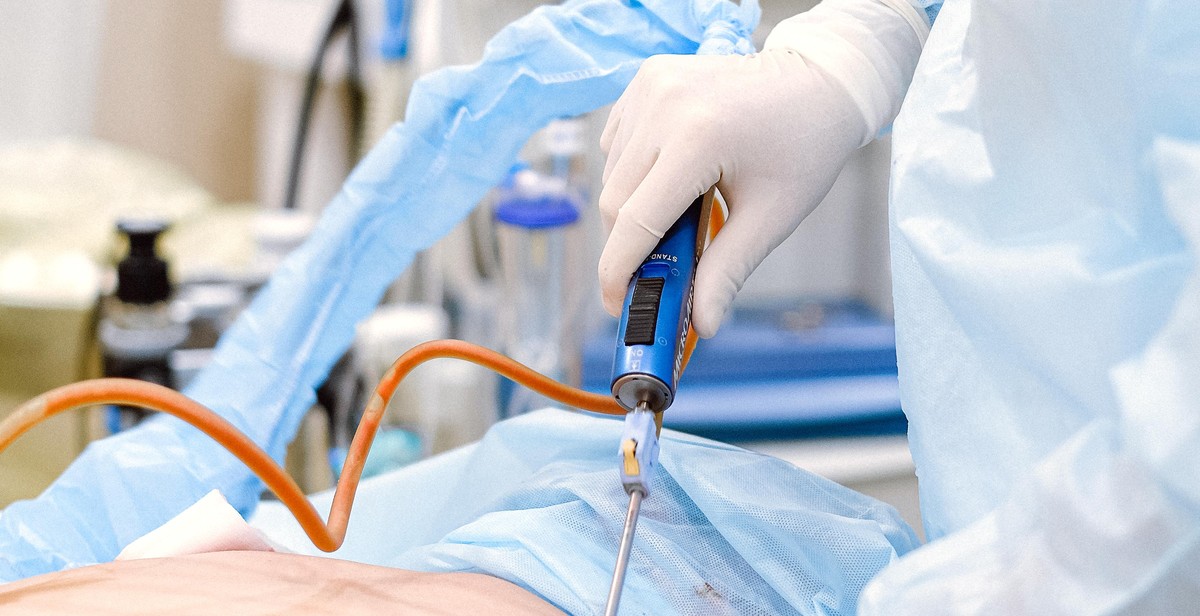How to Prevent Medication Errors: Ensuring Patient Safety in Medication Administration
As a healthcare provider with over 10 years of experience, I have witnessed firsthand the devastating effects of medication errors on patients. One particular incident stands out in my memory where a patient was given the wrong dosage of medication due to a mix-up in the prescription. This resulted in severe complications that required hospitalization and prolonged treatment.
Medication errors can occur at any stage of the medication administration process, from prescribing to dispensing to administering. It is crucial for healthcare providers to take proactive measures to prevent these errors and ensure patient safety.
What are Medication Errors?
Medication errors refer to any preventable event that may cause or lead to inappropriate medication use or patient harm while the medication is in the control of the healthcare professional, patient, or consumer. These errors can be caused by various factors, including miscommunication, lack of knowledge, and human error.
Why is Medication Safety Important?
Ensuring medication safety is essential for healthcare providers to provide quality care and prevent harm to their patients. Medication errors can lead to adverse drug reactions, hospitalizations, and even death. It is the responsibility of healthcare providers to take appropriate measures to prevent these errors and ensure patient safety.
In this article, we will discuss effective strategies that healthcare providers can implement to prevent medication errors and ensure patient safety.

Understanding Medication Errors
Medication errors are a common problem in healthcare that can have serious consequences for patients. A medication error is defined as any preventable event that may cause or lead to inappropriate medication use or patient harm while the medication is in the control of the healthcare professional, patient, or consumer.
Types of Medication Errors
There are several types of medication errors that can occur in healthcare settings:
- Prescribing errors: These occur when the wrong medication or dose is prescribed by a healthcare professional.
- Dispensing errors: These occur when the wrong medication or dose is dispensed by a pharmacist or other healthcare professional.
- Administration errors: These occur when the wrong medication or dose is given to a patient by a healthcare professional.
- Monitoring errors: These occur when a healthcare professional fails to monitor a patient’s response to medication or fails to adjust the medication dosage appropriately.
Medication errors can also occur due to communication breakdowns between healthcare professionals, lack of knowledge or training, and system errors such as incorrect labeling or packaging of medications.
It is important to note that medication errors can happen to anyone, regardless of their level of experience or expertise. However, certain factors such as fatigue, stress, and distractions can increase the likelihood of medication errors occurring.
Consequences of Medication Errors
The consequences of medication errors can range from mild to severe, and can include:
- Adverse drug reactions
- Worsening of the patient’s condition
- Extended hospital stays
- Increased healthcare costs
- Legal and financial consequences for healthcare professionals and organizations
Therefore, preventing medication errors should be a top priority for all healthcare professionals to ensure patient safety and improve the quality of care.

Causes of Medication Errors
Medication errors can occur at any stage of the medication administration process, including prescribing, dispensing, and administering medication. These errors can result in serious harm to patients, including death. The following are some of the common causes of medication errors:
Communication Errors
Communication errors are one of the leading causes of medication errors. These errors can occur between healthcare providers, between healthcare providers and patients, or between healthcare providers and pharmacists. For example, a physician may prescribe the wrong medication or dosage due to a miscommunication with the pharmacist or misinterpretation of the patient’s medical history.
Incorrect Dosing or Administration
Incorrect dosing or administration is another common cause of medication errors. This can happen when a healthcare provider administers the wrong dosage or medication to a patient. For example, a nurse may administer a medication to the wrong patient or administer the wrong dosage due to a lack of attention or distractions.
Lack of Knowledge or Training
Lack of knowledge or training is another cause of medication errors. Healthcare providers may not have the necessary knowledge or training to properly administer medication to patients. This can lead to errors such as incorrect dosages or administering medication through the wrong route. For example, a nurse may not have the proper training to administer medication through an IV, leading to an error.
Distractions and Interruptions
Distractions and interruptions can also contribute to medication errors. Healthcare providers may be interrupted during the medication administration process, causing them to lose focus or forget important steps. For example, a nurse may be interrupted while administering medication and forget to document the administration, leading to errors in the patient’s medical record.
| Causes | Examples |
|---|---|
| Communication Errors | Miscommunication between healthcare providers, patients, and pharmacists |
| Incorrect Dosing or Administration | Administering the wrong medication or dosage |
| Lack of Knowledge or Training | Not having the necessary knowledge or training to properly administer medication |
| Distractions and Interruptions | Being interrupted during the medication administration process |
Understanding the causes of medication errors is essential in preventing them. By addressing these causes, healthcare providers can ensure that patients receive safe and effective medication administration.

Preventing Medication Errors
Medication errors can have serious consequences for patients, including adverse drug reactions, hospitalizations, and even death. As a healthcare professional, it is important to take steps to prevent medication errors and ensure patient safety in medication administration.
Improving Communication
Effective communication is key to preventing medication errors. Healthcare professionals must communicate clearly and accurately with each other and with patients to ensure that the right medication is given in the right dose, at the right time, and through the right route. To improve communication:
- Use standardized communication tools, such as SBAR (Situation, Background, Assessment, Recommendation), to ensure that information is conveyed accurately and completely.
- Encourage open communication and teamwork among healthcare professionals.
- Involve patients and their families in the medication administration process and provide them with clear instructions and information about the medications being given.
Using Technology to Reduce Errors
Technology can be a powerful tool for preventing medication errors. Electronic medication administration records (eMARs) can help healthcare professionals track medication orders, doses, and administration times, reducing the risk of errors. Barcoding technology can also be used to ensure that the right medication is given to the right patient at the right time. To use technology effectively:
- Implement electronic medication administration records and barcoding technology in your healthcare facility.
- Ensure that healthcare professionals are trained in the use of these technologies.
- Regularly review and update technology systems to ensure that they are working effectively.
Standardizing Medication Administration Processes
Standardization can help reduce the risk of medication errors by ensuring that all healthcare professionals follow the same procedures when administering medications. To standardize medication administration processes:
- Develop standardized procedures for medication administration and ensure that all healthcare professionals are trained in these procedures.
- Use standardized medication order forms to ensure that medication orders are complete and accurate.
- Implement medication reconciliation processes to ensure that patients are receiving the correct medications.
Training and Education
Training and education are essential for preventing medication errors. Healthcare professionals must be knowledgeable about medications, their side effects, and the potential for drug interactions. To provide effective training and education:
- Develop comprehensive training programs that cover all aspects of medication administration.
- Provide ongoing education and training to ensure that healthcare professionals stay up-to-date with the latest information about medications and medication administration.
- Encourage healthcare professionals to report medication errors and near-misses, and use these incidents as opportunities for learning and improvement.
| Preventing Medication Errors | Steps to Take |
|---|---|
| Improving Communication | Use standardized communication tools, encourage open communication and teamwork, involve patients and their families |
| Using Technology to Reduce Errors | Implement eMARs and barcoding technology, train healthcare professionals, regularly review and update technology systems |
| Standardizing Medication Administration Processes | Develop standardized procedures, use standardized medication order forms, implement medication reconciliation processes |
| Training and Education | Develop comprehensive training programs, provide ongoing education and training, encourage reporting of medication errors and near-misses |

Conclusion
Ensuring patient safety is crucial in medication administration. Medication errors can lead to adverse effects on patients, including disability and death. Therefore, healthcare professionals must take necessary measures to prevent medication errors.
Key Takeaways
- Medication errors are a significant problem in healthcare
- There are many types of medication errors, including prescribing, dispensing, and administration errors
- Preventing medication errors requires a team effort from healthcare professionals, patients, and caregivers
- Using technology, such as electronic prescribing and barcoding systems, can help reduce medication errors
- Improving communication and education among healthcare professionals can also prevent medication errors
Final Thoughts
As a healthcare professional, I have seen firsthand the impact of medication errors on patients. It is essential to prioritize patient safety in medication administration by taking proactive measures to prevent medication errors. By working together and utilizing technology and education, we can ensure that patients receive the correct medication at the right time and in the appropriate dose.
| Remember: | Preventing medication errors is everyone’s responsibility. |
